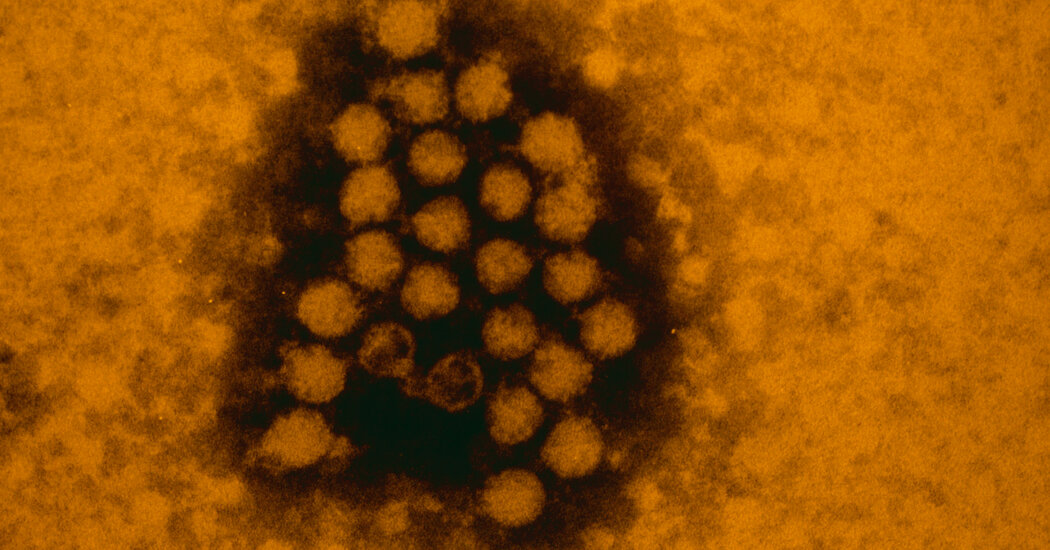
The notion of that there is a sort of interplay between viruses first emerged in the 1960s, when vaccinations for polio, which contain weakened poliovirus, significantly cut the number of respiratory infections. The idea gained new ground in 2009: Europe seemed poised for a surge in swine flu cases late that summer, but when schools reopened, rhinovirus colds seemed somehow to interrupt the flu epidemic.
“That prompted a lot of people at that time to speculate about this idea of viral interference,” Dr. Foxman said. Even in a typical year, the rhinovirus peaks in October or November and then again in March, on either end of the influenza season.
Last year, one team of researchers set out to study the role of an existing immune response in fending off the flu virus. Because it would be unethical to deliberately infect children with the flu, they gave children in Gambia a vaccine with a weakened strain of the virus.
Infection with viruses sets off a complex cascade of immune responses, but the very first defense comes from a set of nonspecific defenders called interferons. Children who already had high levels of interferon ended up with much less flu virus in their bodies than those with lower levels of interferon, the team found.
The findings suggested that previous viral infections primed the children’s immune systems to fight the flu virus. “Most of the viruses that we saw in these kids before giving the vaccine were rhinoviruses,” said Dr. Thushan de Silva, an infectious disease specialist at the University of Sheffield in England, who led the study.
This dynamic may partly explain why children, who tend to have more respiratory infections than adults, seem less likely to become infected with the coronavirus. The flu may also prevent coronavirus infections in adults, said Dr. Guy Boivin, a virologist and infectious disease specialist at Laval University in Canada.
Recent studies have shown that co-infections of flu and the coronavirus are rare, and those with an active influenza infection were nearly 60 percent less likely to test positive for the coronavirus, he noted.




